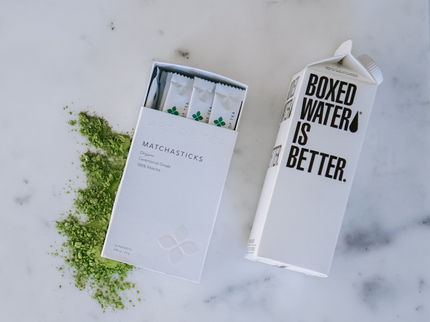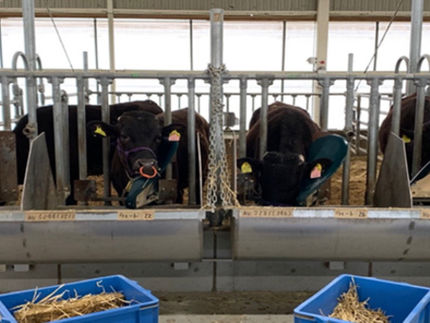5 tea trends to look for in 2019
Consumers are developing a growing interest in more innovative tea and are no longer satisfied with a bland cup of milky English Breakfast. Always on the hunt for unique and authentic experiences, they are looking for unexpected flavours and functional benefits. Using Mintel Global New Products Database (GNPD), we have selected five products that encapsulate tea trends to watch out for in 2019.

Green Hills Rum and Honey Flavoured Herbal Tea – Poland
Mintel
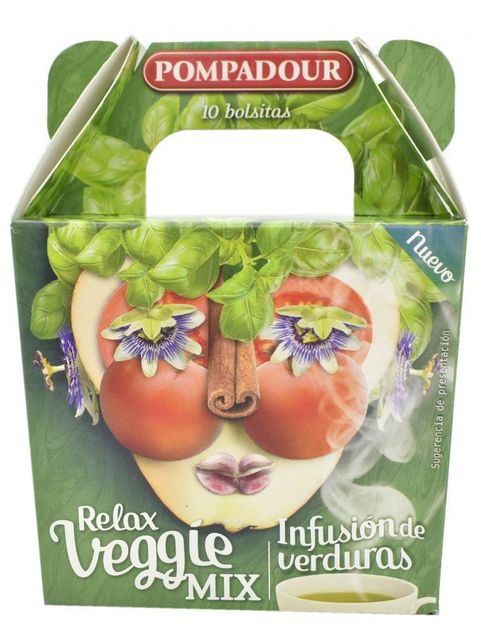
Pompadour Veggie Mix Infusión de Verduras Relax – Spain
Mintel
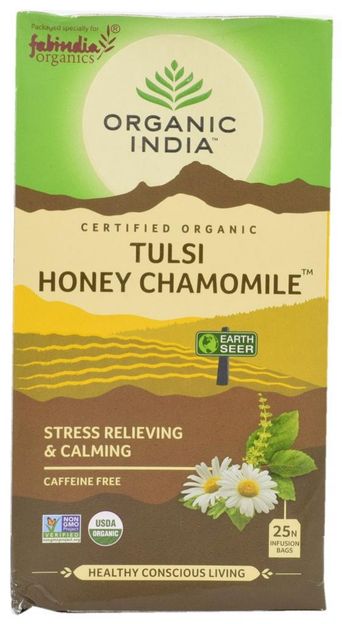
Fabindia Organics Organic India Certified Organic Tulsi Honey Chamomile Tea – India
Mintel
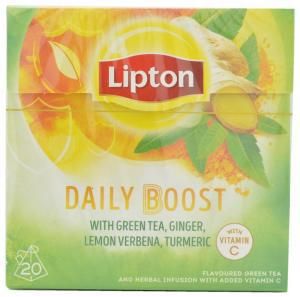
Lipton Daily Boost Green Tea with Ginger, Lemon Verbena and Turmeric – Germany
Mintel
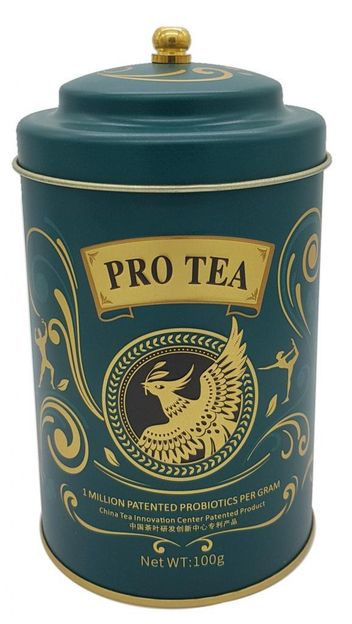
Cofco Chinatea Pro Tea – Malaysia
Mintel

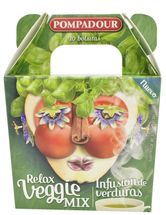
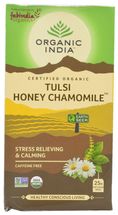
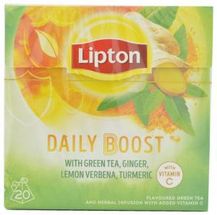
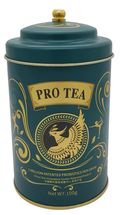
1. Bold flavours
Green Hills Rum and Honey Flavoured Herbal Tea – Poland: Indulgent flavoured teas have the potential to fill a gap for those consumers who are looking to move away from sugary beverages – or even alcohol! As consumers around the world increasingly adopt healthier lifestyles, they can still get the feeling of indulging in a drink with this rum and honey flavoured rooibos tea. It’s free from alcohol, but enriched with a warm mix of cinnamon, apple, liquorice and star anise.
2. The veggie revolution
Pompadour Veggie Mix Infusión de Verduras Relax – Spain: Rising demand for plant-based foods and interest in vegetarian and vegan diets has opened opportunities for vegetables to appear in new, unexpected categories. While it’s not new for infusions to feature vegetables in their ingredient lists, we’re now seeing more brands marketing veggies prominently on pack. This product combines tomato, rosehip, apple, onion, basil, cinnamon, and passionflower.
3. Time to relax
Fabindia Organics Organic India Certified Organic Tulsi Honey Chamomile Tea – India: Chamomile is the most common botanical ingredient in teas and is known for its relaxing properties, but there’s scope for other calming ingredients to emerge. For instance, holy basil, also known as tulsi, has been part of traditional Indian Ayurvedic medicine for decades and has a long history of being stress-relieving. For holy basil to compete with chamomile, however, brands need to start educating consumers on its benefits. Other adaptogens to consider as ‘relaxing’ ingredients include ashwaganda, brahmi, and ginseng.
4. Power tea
Lipton Daily Boost Green Tea with Ginger, Lemon Verbena and Turmeric – Germany: Supercharged teas, combining naturally functional ingredients with added nutrients, push functional tea to the next level. Indeed, traditional tea brands increasingly look to diversify their functional offerings, promoting a holistic lifestyle that supports general wellbeing as well as more specific health benefits. Launched in Germany, this product is a flavoured green tea with added vitamin C and superfoods like yellow turmeric, aromatic lemon verbena, and a touch of spicy ginger.
5. Healthy gut
Cofco Chinatea Pro Tea – Malaysia: Probiotics and prebiotics have become quite the buzzwords: globally, launches of probiotic food and drinks rose 11% over the 12 months to July 2018, compared with a 1% growth a year ago, according to GNPD. Pro Tea is dark, fermented, and undergoes microbial fermentation, while later being pressed into bricks or cakes for ageing. While some probiotics can be unstable in extreme temperatures, the strain in Pro Tea can withstand hot temperatures when brewed with boiling water. It’s said to promote regularity, reduce blood lipids, improve digestion and help with weight management. Tea is usually not associated with fermentation or probiotic content and less than 1% of tea launched in the past year to June 2018 contained probiotics.
